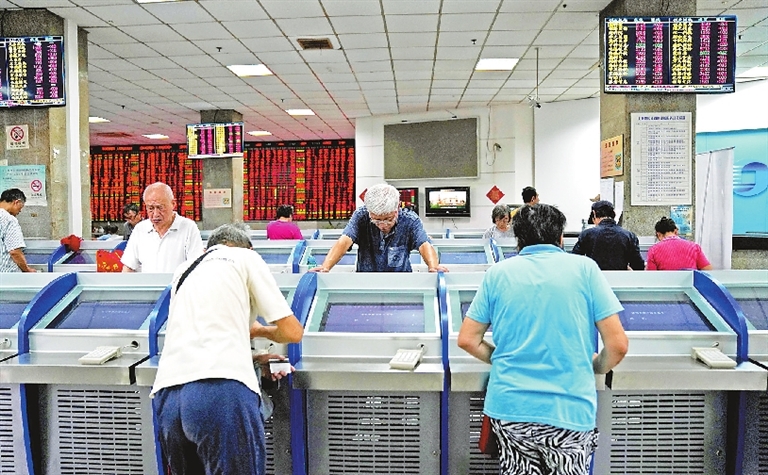
CHINA’S ambitions for a Nasdaq-style board for startups have galvanized the country’s tech companies who are hopeful they can sidestep complex initial public offering (IPO) hurdles and access easier funding. The announcement for Shanghai’s planned “technology innovation board” by President Xi Jinping in early November paves the way for a lower listing threshold, potentially scrapping a requirement that aspiring companies must be profitable. For China, the move is seen helping to counter U.S. curbs on its technology companies and may draw the next generation of high-tech firms to list at home. Some of China’s best known brands such as e-commerce firm Alibaba Group and gaming and social media giant Tencent Holdings have listed in New York and Hong Kong. Last year, Chinese companies raised US$64.2 billion globally — almost a third of the worldwide total — via initial public offerings, but just US$19.7 billion of that came from listings in Shanghai or Shenzhen, according to data from Refinitiv, compared with US$35 billion in Hong Kong. The intense interest in the new board, even before rules are finalized, underscores the significance to private Chinese companies of having an alternative source of funding. According to the Hurun Report, China had 181 unicorns at the end of September, surpassing the United States as the country with the biggest number of startups worth at least US$1 billion. Since plans were unveiled by President Xi, officials have been scrambling to draw up detailed rules, expected to be published this month, with the aim of launching by June, the 21st Century Business Herald reported. The new tech board, to be set up by the Shanghai Stock Exchange, will include a registration system — in effect removing official control of the IPO process that has for years produced a stop-start pipeline of listing candidates with a waiting time measured in years not months. The board is also expected to allow listings from companies yet to make a profit — a common practice in tech-heavy markets such as New York and, more recently, on Hong Kong’s main board. “For the venture capital industry, spring is coming. But I hope the spring is enduring, not a short-lived one,” said Andrew Qian, chairman and CEO of New Access Capital, a Shanghai-based investment and financial advisory firm. Qian has recommended 11 prospective firms, or a sixth of his portfolio, to the Shanghai city government, which will pick the city’s first batch of candidates to go public on the new tech board. Forms have been distributed to startups by various government bodies probing their appetite to list. Bankers said IPO candidates may still be carefully scrutinized to protect investors. “You need to pay attention to a company’s core technologies...if a pig farmer wants to list on the tech board, you need to screen it out, unless it makes epoch-making breakthroughs in breeding technology,” said Liu Guangfu, investment banking director at TF Securities. Zhang Yu, executive director of China Equities at UBS Asset Management, warned that stocks on the board could easily become the target of pump-and-dump, because “many investors in China are not mature enough.” DaoCloud, a Shanghai-based cloud computing startup that has not yet broken even, said the new board meant it was considering an earlier IPO. It had planned to list around 2021 on the ChiNext board in Shenzhen, which typically requires two consecutive years of profit. “The launch of the new tech board is good news to us,” said Roby Chen, founder and CEO of DaoCloud, but he too is wary of bubble risk as many provincial governments begin mobilizing startups to prepare for listings on the new board. “I’m quite worried. In China, when something like tech becomes a hot topic...it’s easy to become bubbly.” (SD-Agencies) | 
